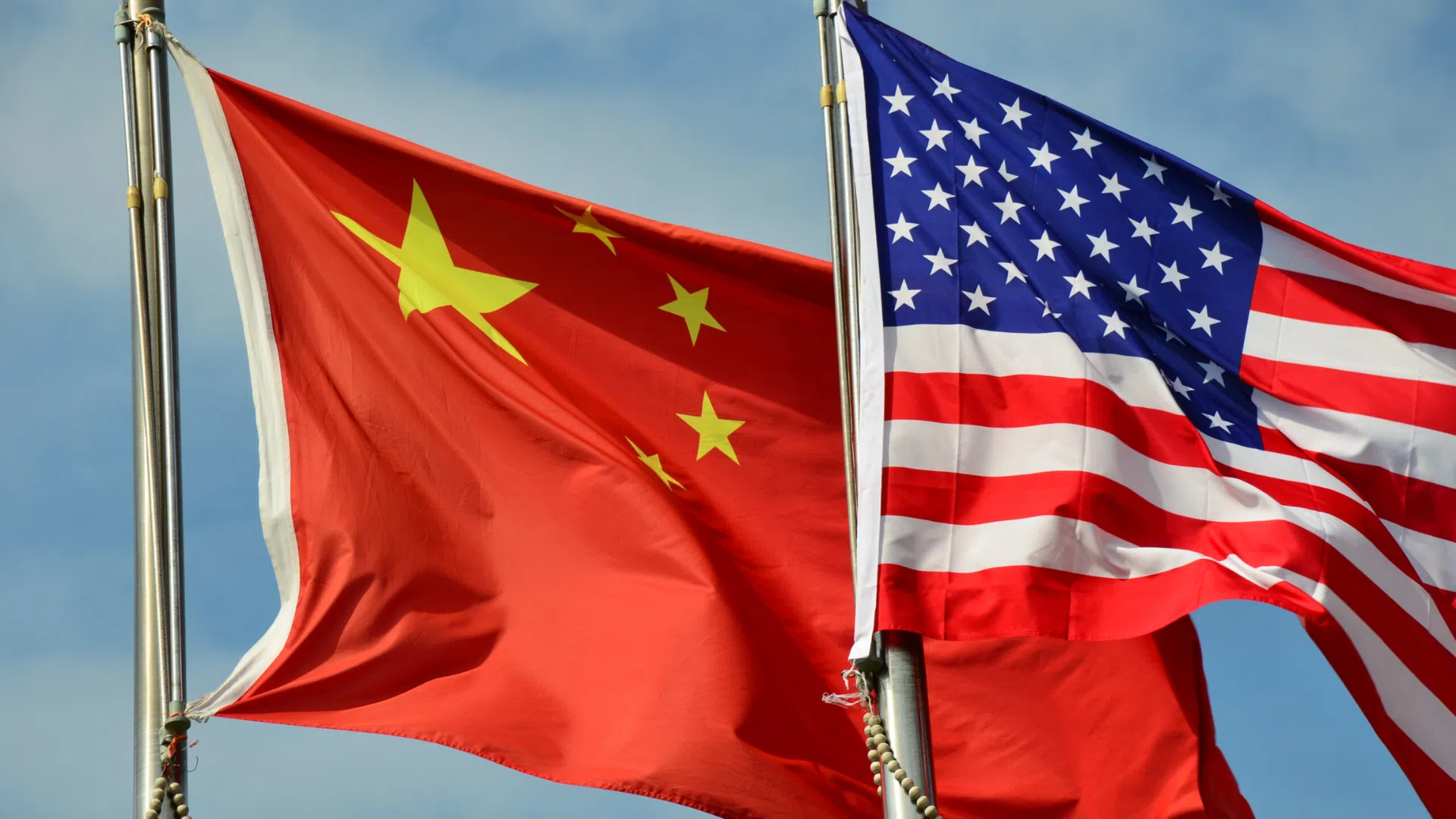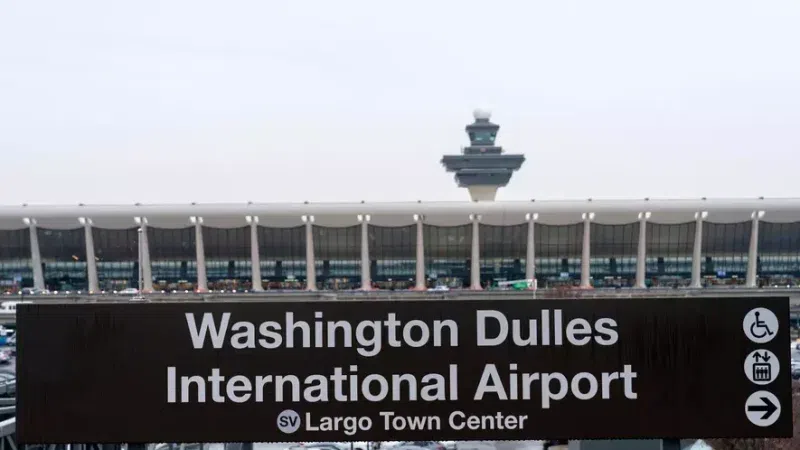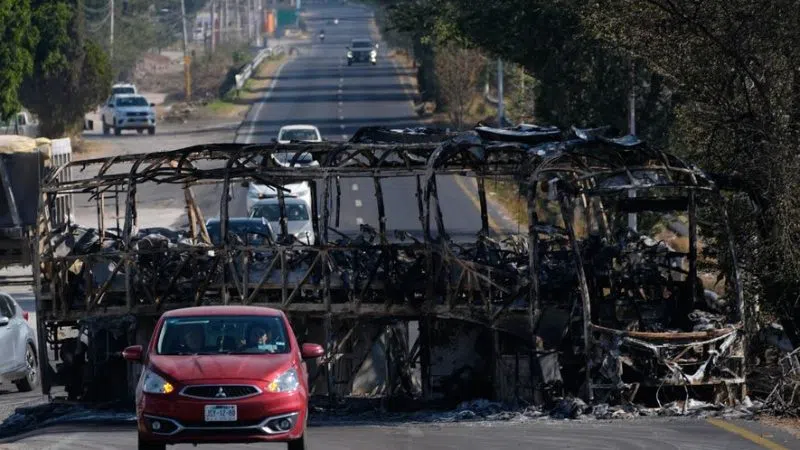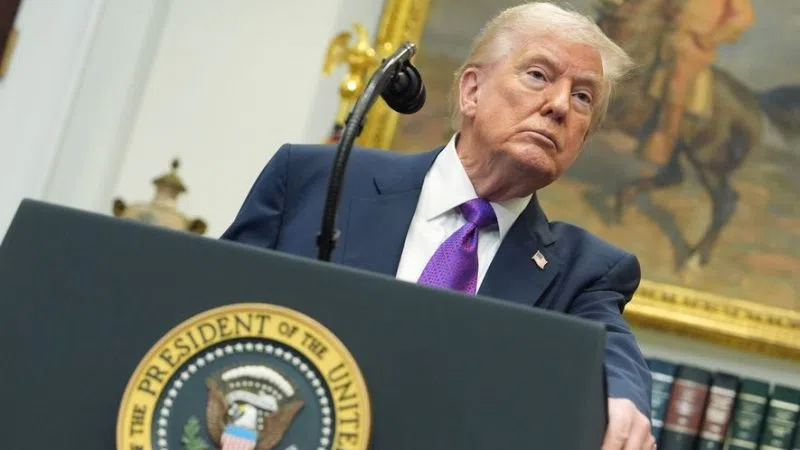About the Author: Dr Smith lived over 10 years in Asia. He is a retired Air Force intelligence officer, Korea Subject Matter Expert, George Mason University adjunct professor, and defense contractor at the Pentagon.
American diplomacy based out of Washington often falls tone deaf to the roars of China at their doorstep. With the dozens of languages, hundreds of islands, and millions of blue ocean miles in East Asia, how should a new administration prioritize diplomacy in East Asia? How should America counterbalance a behemoth that more than doubles the population of all others in East Asia? Practically speaking, the war raging in Ukraine sits nearly as far away from our east coast as Burma lies from our west. Yes, America spends trillions of dollars to stop the bloodshed in Ukraine and nothing to end the civil war in Burma. To put in perspective, over 1 million have died from the Ukraine War since March 2014 and weighs heavily in American airwaves, Pentagon hallways, and White House circles. Conversely, in less than half the time, over 620 thousand Burmese died in a bloody war since September 2021. What news outlets, NGOs, or politicians in America adequately report on the human tragedy in Burma compared to Ukraine? If our National Security Strategy should set the tone, America should look at other areas to stimulate our form of democracy, fight authoritarianism, and bring about peace. Burma shares a 1,250-mile border with China; Ukraine shares no border with China. Where should America’s foreign interests be re-directed?
Aside from the persistent regional threats from communist North Korea against our staunch Allies, unrest in Burma, also benefits China by making East Asian countries reliant on Chinese influence and puts additional pressure on America, South Korea and Japan to find a democratic resolution. China pretends to avoid involvement in other countries’ affairs, yet they entangle themselves at every turn whether it be trade manipulation, trade infringement, overlooking intellectual property rights, questionable arms trades, bully-policies at the United Nations, foreign-based “police stations”, foreign land grabs by Chinese Communist Party affiliates, foreign-based Confucius centers, international air and sea incursions, manufacturing and export of illicit fentanyl, and so much more. China punishes anyone from going against their one-China principle. Even Chinese Foreign Minister spokesman Mao Ning in November called China’s doctrine as “unstoppable”. They assume China can dictate the future and strangle the will of other nations especially those most affected in East Asia.
If China’s Foreign Minister Wang Yi truly wanted Burma’s ongoing civil war to undergo a “democratic transition” and return to peace, as he said in August, China would stop their military and political support for the illegitimate junta. Furthermore, on Ukraine, North Kore sent thousands of military troops to Ukraine and lethal aid to Russia. China should denounce North Korea’s dangerous expansion of the war. As North Korea’s largest trading partner and one of their few diplomatic proxies, China could easily stifle North Korea’s provocations. Like Burma, North Korea is one of the largest “Hunger Hotspots” in the world today. China does little to curb starvation or raise the bar for other countries in the region. Instead, one of the largest, richest, and most populated counties of the world, China continues to hide its real motivation and its quest to conquer East Asia by aggression and suppression. They make smaller counties rely on their size and power, and bow to their policies much akin to the Stockholm Syndrome.
America should more overtly support the independence of all East Asia in free and fair trade, freedom of navigation, freedom of religion, and freedom of self-rule. China should relent and share their wealth and power much like the benevolence of America to organizations like the United Nations. It is not a sign of weakness but comes from a place of strength. The former leader of Burma Aung San Suu Kyi once said, “It is not power that corrupts, but fear. Fear of losing power corrupts those who wield it and fear of the scourge of power corrupts those who are subject to it.” America should more aggressively support other regional governing bodies with practical diplomacy not lip service. Americans pride themselves in rooting for the underdog, and we should not shy away from these hard problems. America should increase support for East Asian rights to share the Spratly Islands and ask China to relinquish their claims. China could learn from America’s support for Japan and South Korea after awful wars to rebuild battlefields and turn them into great nations. As the old saying going, rising tides raise all ships.
























